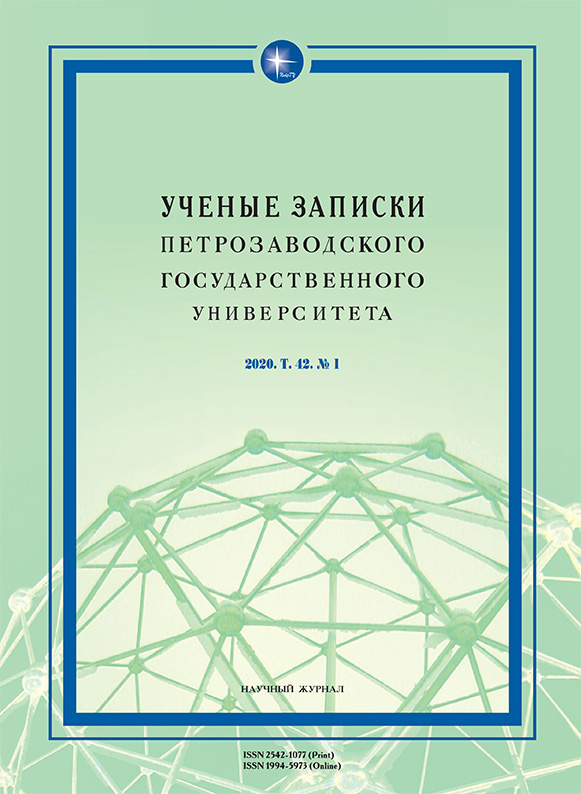О временной парадигме кондиционала в ливвиковском и людиковском наречиях карельского языка
TEMPORAL CONDITIONAL PARADIGM IN THE LIVVIAN AND LUDIAN DIALECTS
OF THE KARELIAN LANGUAGE
Author(s): Tatiana Vladimirovna Pashkova, Aleksandra Pavlovna RodionovaSubject(s): Language and Literature Studies, Sociolinguistics, Finno-Ugrian studies
Published by: Петрозаводский государственный университет
Keywords: verb; dialects of the Karelian language; conditional; the temporal paradigm; the Finnic languages;
Summary/Abstract: The purpose of this research article is a comparative analysis of the formation and use of conditional temporal forms in the Livvian and Ludian dialects of the Karelian language. The authors used comparative and historical methods for their research. Theoretical and methodological basis was formed by the works of Russian and foreign linguists studying the issues of grammar of the Finnic and Finno-Ugric languages: A. Genets, P. M. Zaikov, A. P. Barantsev, V. D. Ryagoev, L. F. Markianova, J. Õispuu, etc. In their works, the researchers addressed the issues of the formation of conditional indicators, conditional temporal forms, and the specifics of their use, however, the comparative analysis of the time paradigm has remained out of the linguists’ scope of attention. In the Livvian and Ludian dialects, there are four temporal conditional forms: present, imperfect, perfect, and pluperfect. There are also two tense forms: imperfect and pluperfect in the Karelian dialect. the Livvian and Ludian dialects were related most closely to the Vepsian language and were exposed to a stronger influence from it, which contributed to the occurrence and use of a more comprehensive time paradigm of conditionals in the above-mentioned dialects. However, from the point of view of semantics and the use of analytical forms, pluperfect and perfect constructions in the speech of the informants are practically not used and are extremely irregular, low-frequency, denoting a long-gone time, and in a sentence they are usually being opposed to the past (imperfect-pluperfect) and the present (present-perfect).
Journal: Ученые записки Петрозаводского государственного университета
- Issue Year: 42/2020
- Issue No: 1
- Page Range: 42-47
- Page Count: 6
- Language: Russian

